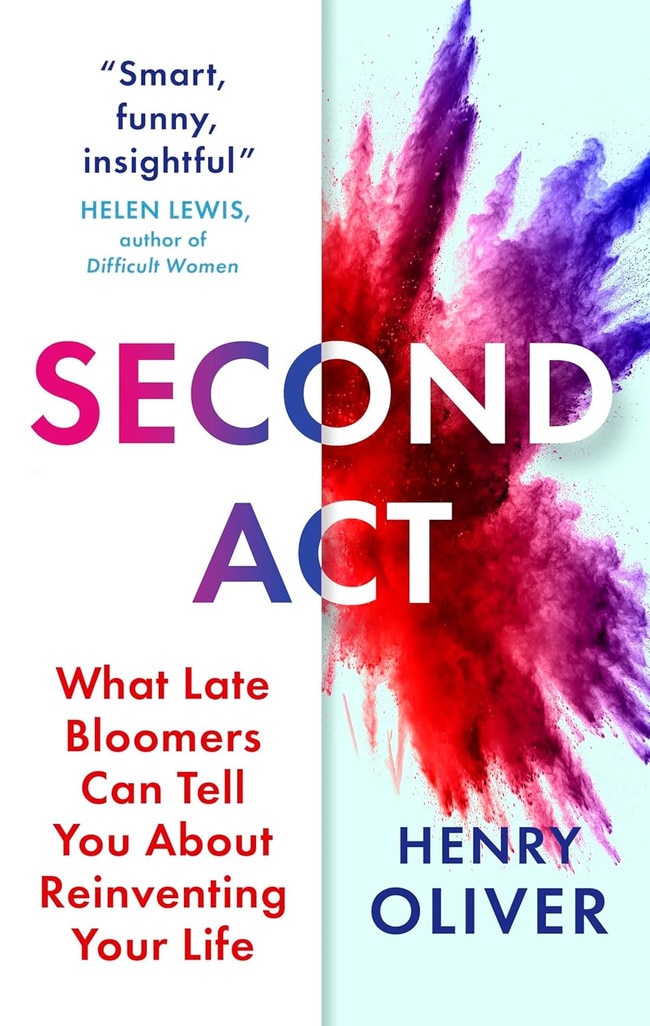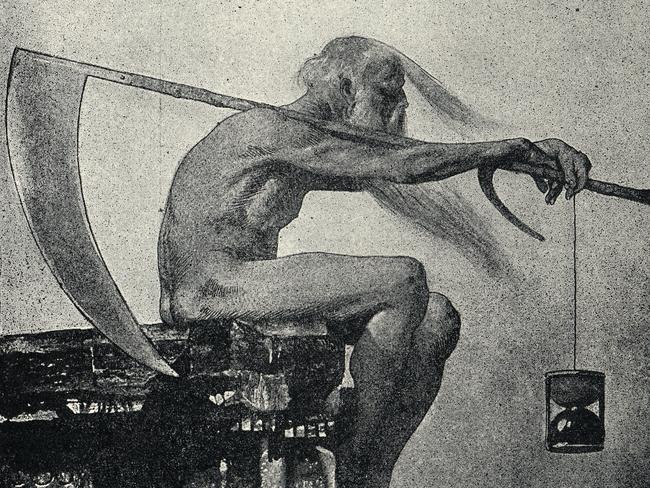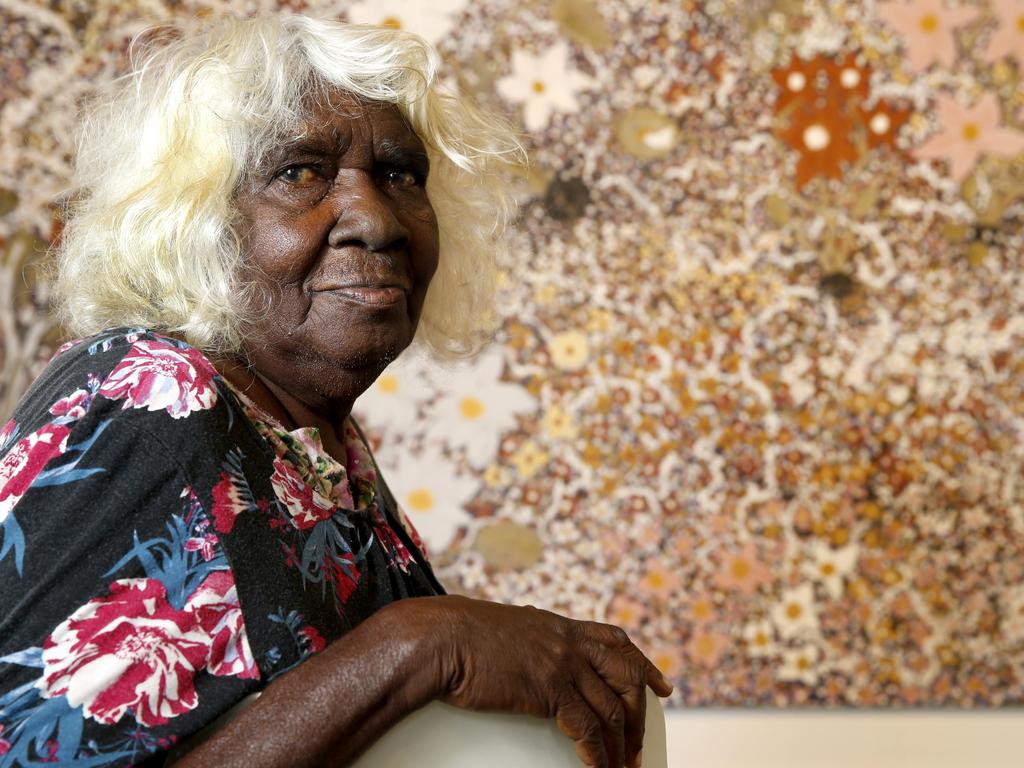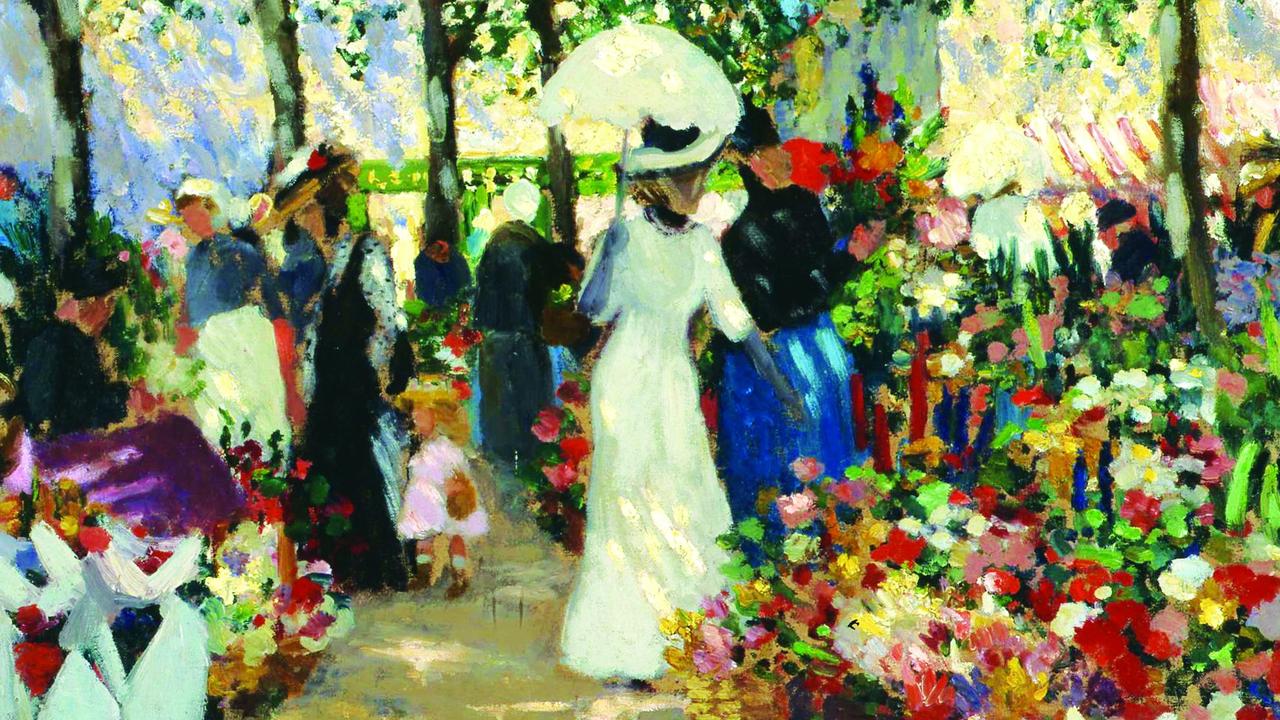Is it too late to start your life anew?
Is it ever too late to learn a new language, or even write that book? Here’s what late bloomers can tell you about reinventing your life.

Arabbi in ancient times once offered these rules of thumb for thinking about the ages of life. One’s 20s, he wrote, were for the pursuit of livelihood, then “at 30 the peak of strength; at 40 wisdom; at 50 able to give counsel; at 60 old age; at 70 fullness of years”.
Even if by the age of 90 one can expect “a bent body”, this outline suggests the first chapters of one’s personal story are by no means the most significant.
When it comes to one’s creative contributions and worldly success, at what point are those best accomplished? Early on in life? Or are they more likely the product of decades of preparation? In his wide-ranging book Second Act, writer Henry Oliver explores the potential of those later years for something more than reflective wisdom or the giving of hard-earned advice. It is a celebration of late bloomers, a type he defines simply as those who succeed “when no one expects them to”.

Combining biographical portraits – some brief, though a select few take up entire chapters – with scientific research, Oliver tries to understand the nature of the late bloomer and the potential for achievement, or reinvention, or simply continued success, later in life.
We learn about Katharine Graham, who took over The Washington Post in her mid-40s and oversaw a fruitful period that included publishing the Pentagon Papers and exposing the Watergate scandal.
We find out how architect Frank Lloyd Wright overcame a seemingly fallow period in his career and embarked on his great late-in-life accomplishments, beginning with the Pennsylvania house known as Fallingwater (designed when Wright was in his late 60s) and culminating in the Guggenheim Museum in New York City.

And there’s Ray Kroc, who, beginning in his 50s, took McDonald’s from a single California burger joint to a globe-spanning empire.
These stories are detailed and carefully researched. Oliver buttresses them with a dive into scholarly literature relevant to late bloomers, academic work that points to larger shapes and trends. For example, he examines studies on ageing and its impact on various aspects of cognition. Second Act also explores the importance of social connections and even the ages at which people start successful businesses.
Oliver’s appealing profiles of individuals flesh out such data-driven studies. Taken together they form a collective illustration of how late-in-life periods of creative flowering are generated.
One important factor – the subjects here have certainly not been idle before their successes. There is often a long period of experimentation and learning before success is achieved or before it is recognised. This is all part of what is – in retrospect – a laying of the groundwork for later achievements.
Of course, when it comes to the research and stories Oliver highlights, there may be selection bias or a tendency to draw too many wide-ranging implications about late-breaking creativity. Nevertheless, Oliver gratifyingly caveats this and is unwilling to draw too much from anything specific.
The most valuable thing these portraits provide is a set of what we may call existence proofs of second acts. This tangible evidence of late-career greatness feels all the more relevant in a moment in which the speed of technological change can easily foster the illusion that those of us who are no longer young have already been permanently surpassed in the race to develop new ideas. But it is indeed an illusion. The title of Second Act itself proves to be underselling what the book has to offer; Oliver is really assembling a guide to the broader principles that make a strong career.
There is an importance to slow and steady progress, to showing up and doing the work. A chapter on ageing explores how an important requirement of a successful career is simply to be consistent: to improve, to try new things and to keep creating output.
Similarly, Oliver demonstrates that fears about the inevitable cognitive decline that comes with getting older are likely overblown and our capacity for innovation and wisdom later in life is undervalued. Achievement, he suggests, “isn’t reliant just on our mental ability staying high but on whether we choose to keep using and adapting the capacity we have”.
So, too, when we think about our careers – and our lives more broadly – we must imbibe humility. We cannot predict the shape and trajectory of our careers, so we must make space in our lives for chance encounters, various kinds of luck, and nonlinearity to work for us rather than against us. This embodies the idea of the “chaos theory of careers”, formulated by psychologists Jim Bright and Robert Pryor, according to which small influences can have an outsize and unexpected impact, and so we must be ready and primed to exploit them.
For there is far more unexpectedness in one’s career than one may intend. Kroc was an “experimental artist” – to use the term from economist David Galenson that Oliver discusses – trying many different businesses and ideas across his career. This served him well when, as a middle-aged milkshake mixer salesman, he undertook to transform a hamburger stand into a nation-spanning business.
Perhaps it is this balance between consistency and a willingness to adapt that is the key to a successful second act; taking a longer perspective can be a powerful antidote to viewing a career as some kind of binary success or failure.
Contemplating a passage by Samuel Johnson on the importance of avoiding indolence and the need to make the most of one’s time, Oliver writes: “Our lives, if they are well lived, are long works.”
Don’t stop writing your story too early.






